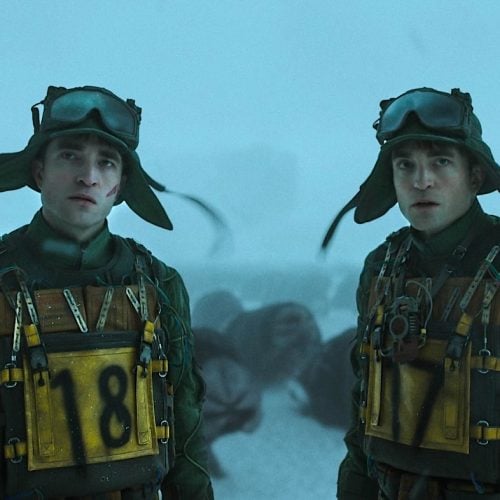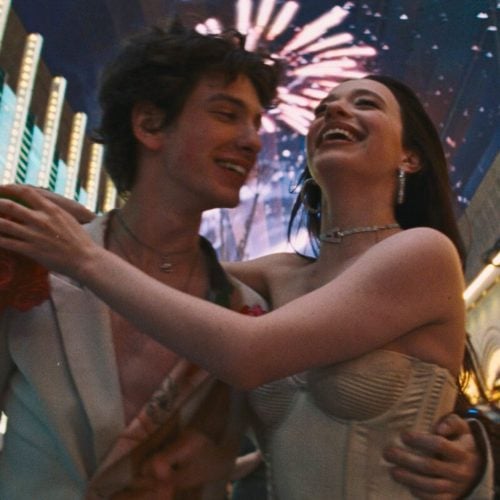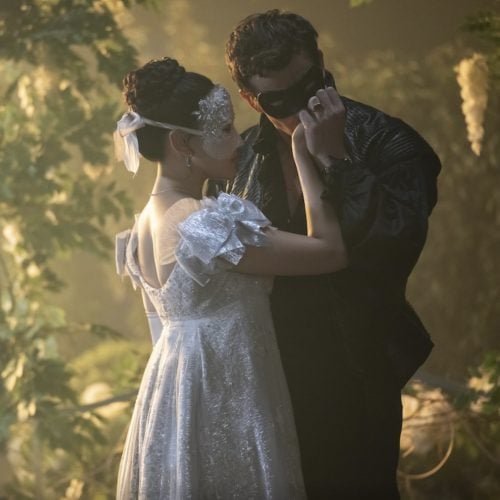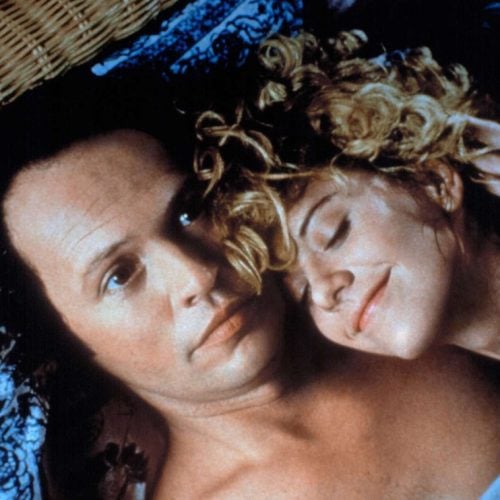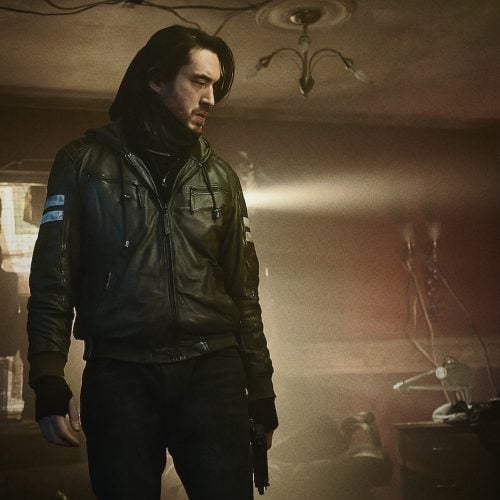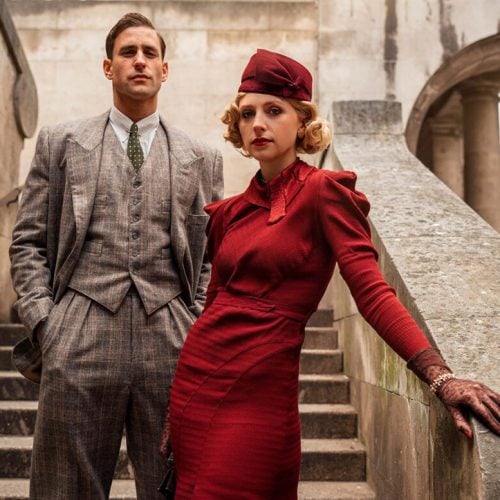FILM REVIEW: Poor Things (18)
Is Emma Stone’s Oscar-contender new movie a Victorian gothic sci-fi or romantic comedy? Feminist drama or slapstick farce? Bizarrely, it’s all of them at the same, says Hero Brown – and somehow it works.
Director: Yorgos Lanthimos
Stars: Emma Stone, Willem Dafoe, Mark Ruffalo

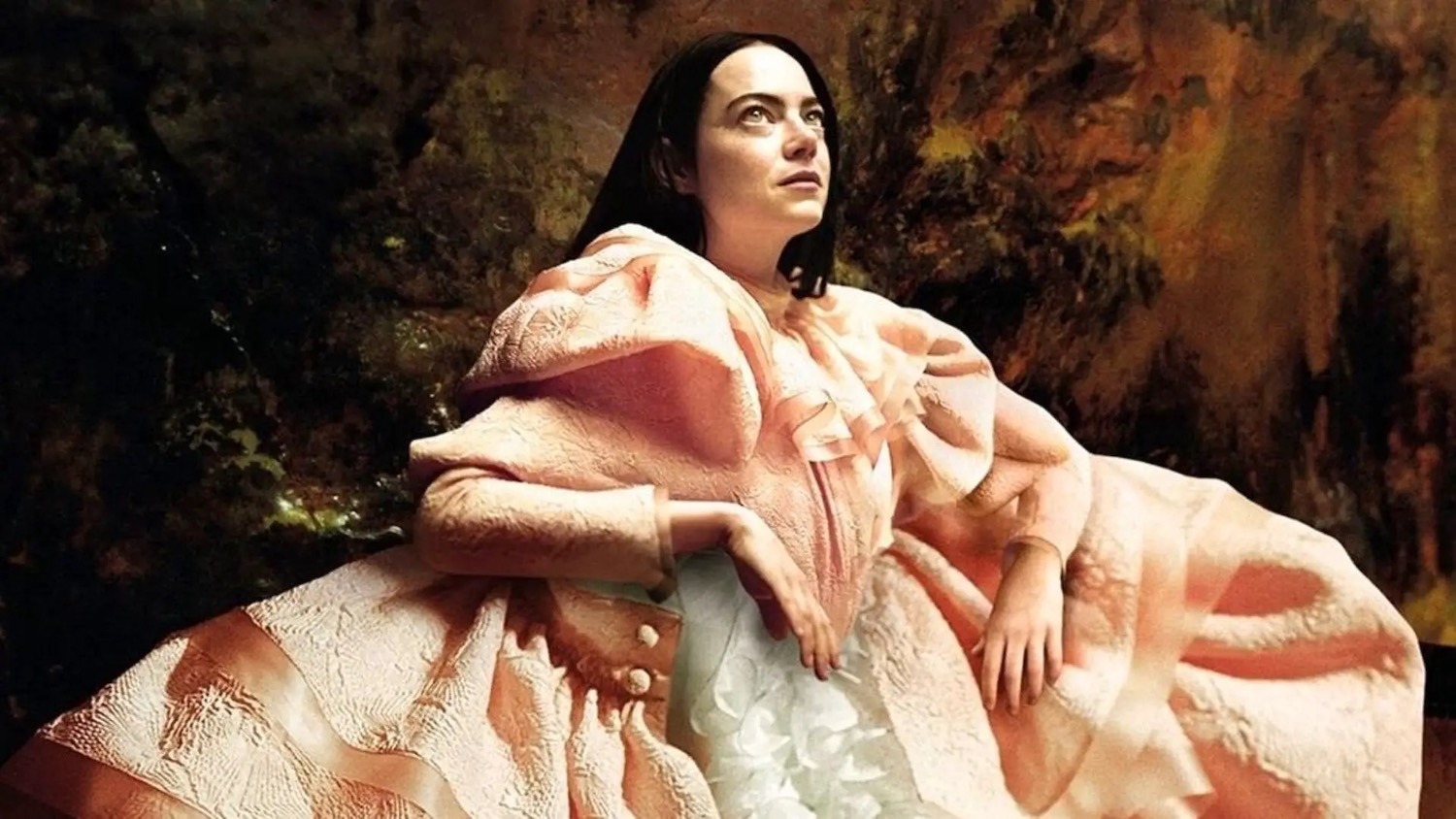
The Oscar buzz around Poor Things, the latest collaboration between Greek director Yorgos Lanthimos and Emma Stone, who worked together so successfully on 2021’s The Favourite, sent me skipping in to see this movie. The trailer had looked curious, light and comedic. By the end of the 2 hours 21 I left rather more ponderously but not without great admiration. It’s unlike anything I’ve seen before – my best stab at a description is that it’s a bonkers Victorian-gothic-sci-fi-surreal-feminist-comedy-drama. The film is clever and sumptuous, with some very funny moments, and others that are uncomfortable and graphic. Let’s put it this way, it’s not a movie for a first date.
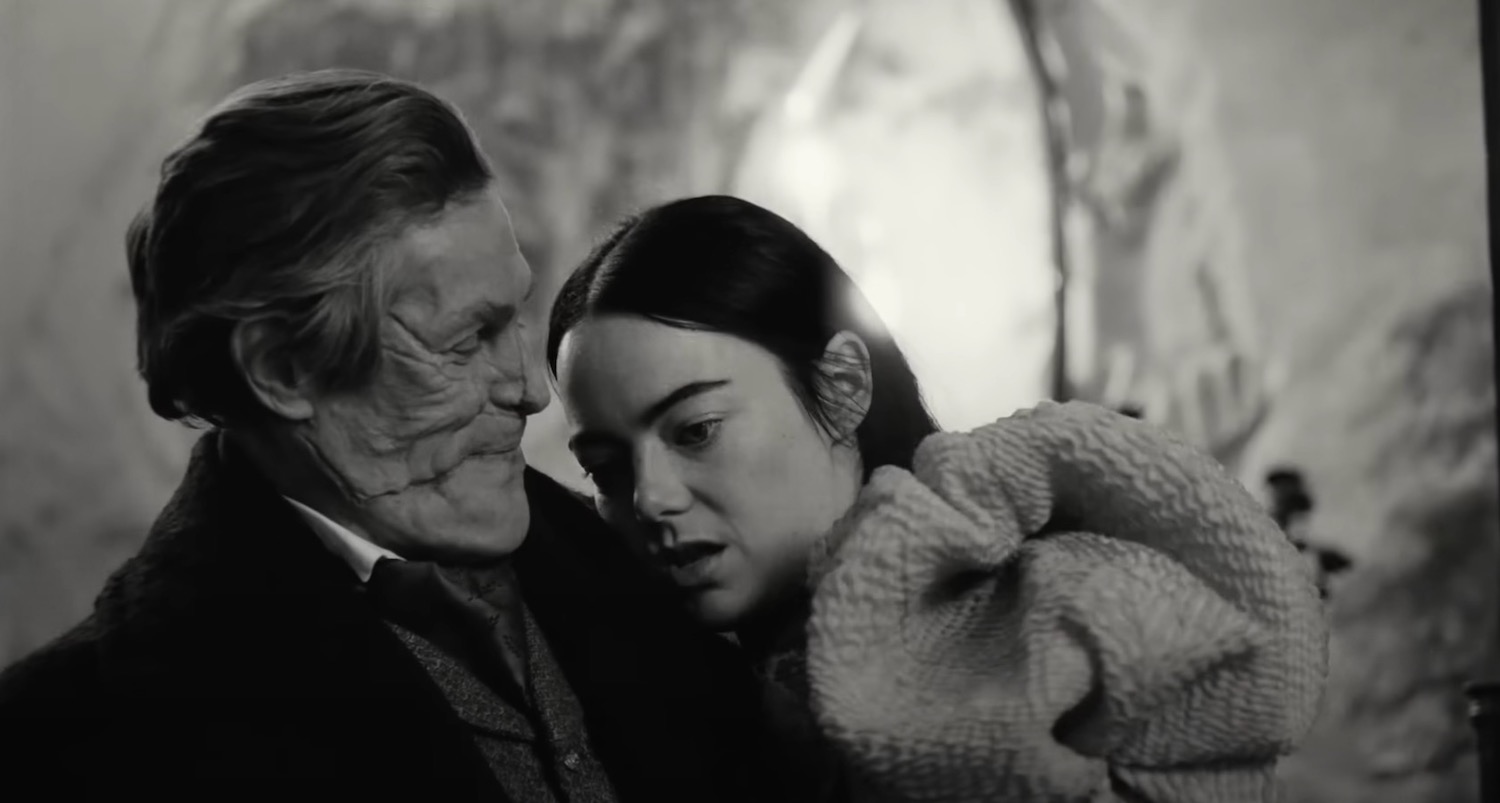
The film tells a ‘Frankensteinian’ story of Bella Baxter, a woman who tries to kill herself and her unborn baby by jumping off a bridge. She’s rescued, near-as-dammit dead, by unorthodox scientist Godwin ‘God’ Baxter (a brilliant Dafoe), who swaps out her brain for that of her unborn baby, an experiment that frees her of her past and any preconceptions of the world, and also allows him to log her development.
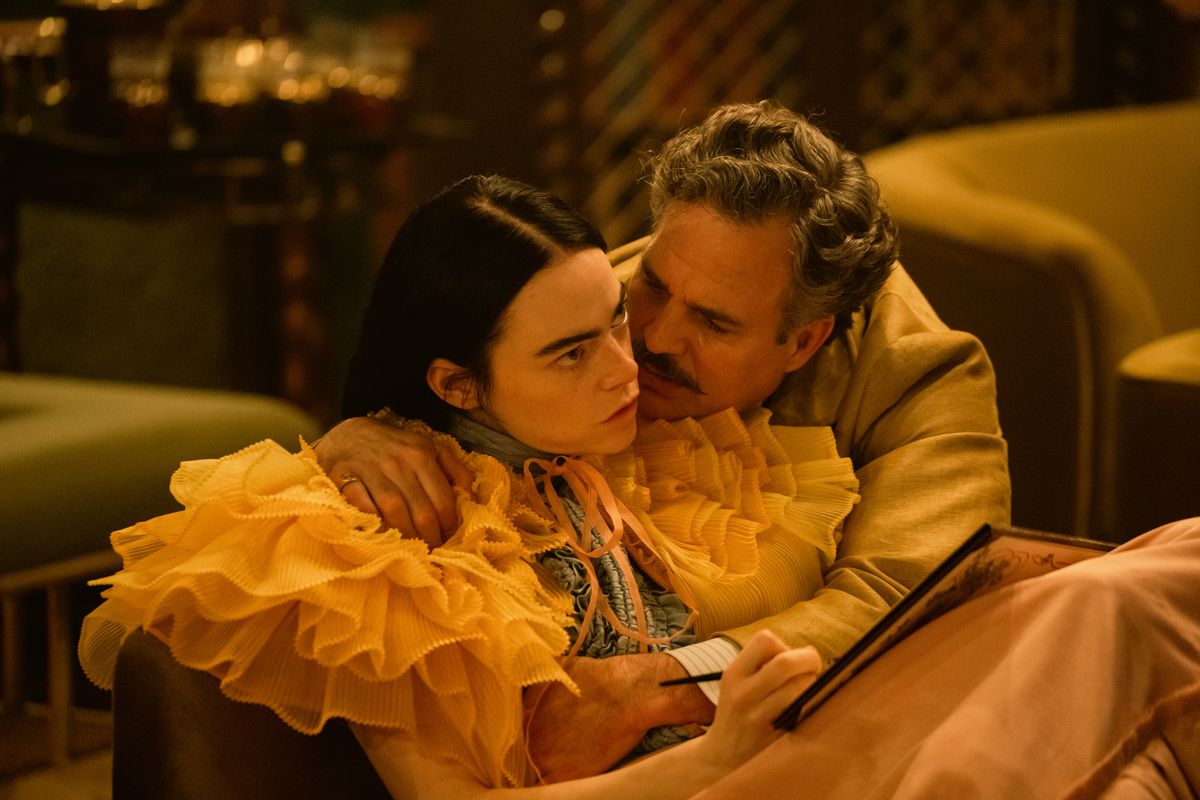
What he doesn’t bank on is that as she matures, she wants to experience the world, and she elopes around Europe with cad lawyer Duncan Wedderburn (Mark Ruffalo), trying everything from oysters and dancing to sex, sex and more sex – what Bella, with a rudimentary grasp of language, calls “furious jumping”.
Not understanding social or moral mores, she has no problem having sex with strangers too, even for money, and we watch the buffoonish Ruffalo slowly fall in love (and lose his mind) over this strange woman with her detached, unashamed curiosity about the world and her determination to do what she wants. As Bella increasingly becomes more womanly and asserts her independence – without shame or consideration to others – the men who love her become more infantalise, “forgiving” her for transgressions that she never asks their forgiveness for.
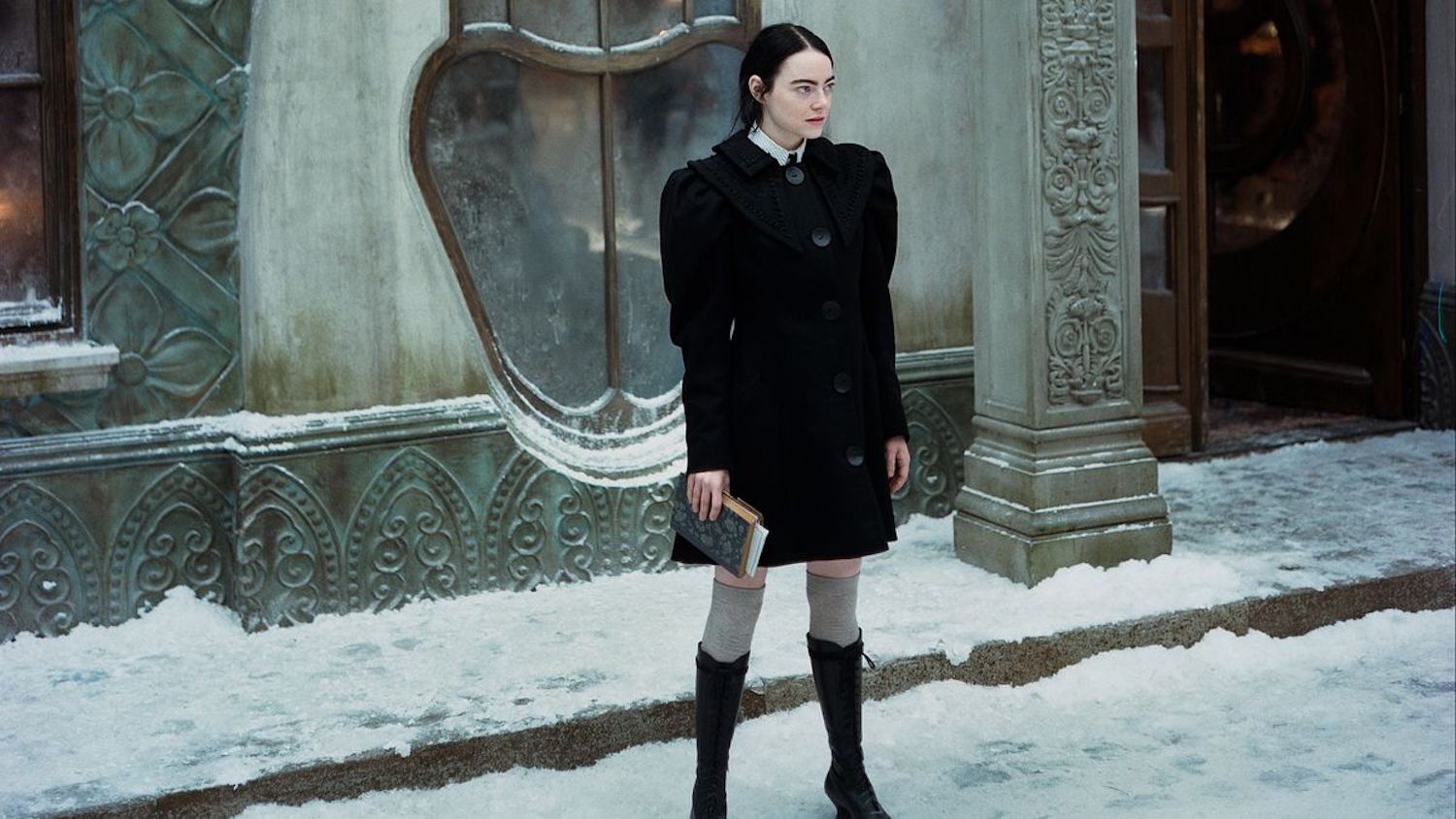
Ruffalo’s performance has the critics falling over themselves, though for me his British accent, slipping and sliding, was a bit off-putting. Stone is the undoubted star here, in a physically challenging role (much of it naked) that had to show Bella’s progression from Franken-toddler – all jerky movements and baby talk – to sexual, increasingly poised woman. Dafoe also impresses, the gentle burr of his Scottish accent and paternal feelings towards Bella at odds with his deformed face, the result of his own father’s experiments on him in his youth.
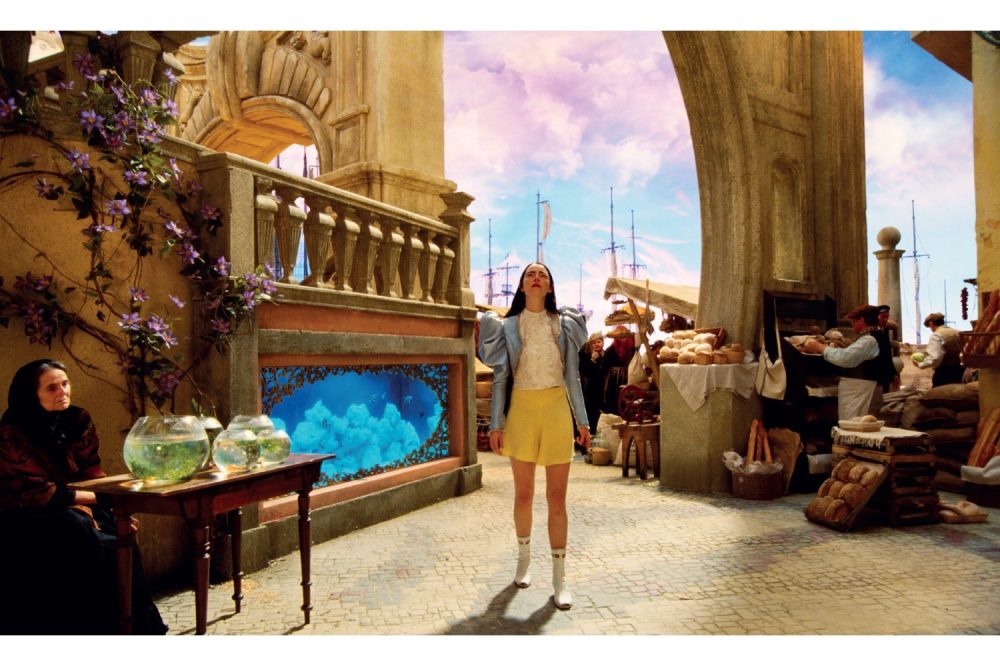
The set is beautiful and otherworldly, deliberately not shot on location, but created in the surreal, painterly dream world of the studio, and the costumes by British costume designer Holly Waddington, are out of this world – a mash up of Victoriana and futuristic couture, with Stone dressed in a parade of enormous puff-sleeved overcoats and dresses, along with deliberately incongruous modern moments such as the yellow plastic mac she wears in one scene, and mini skirt in another.
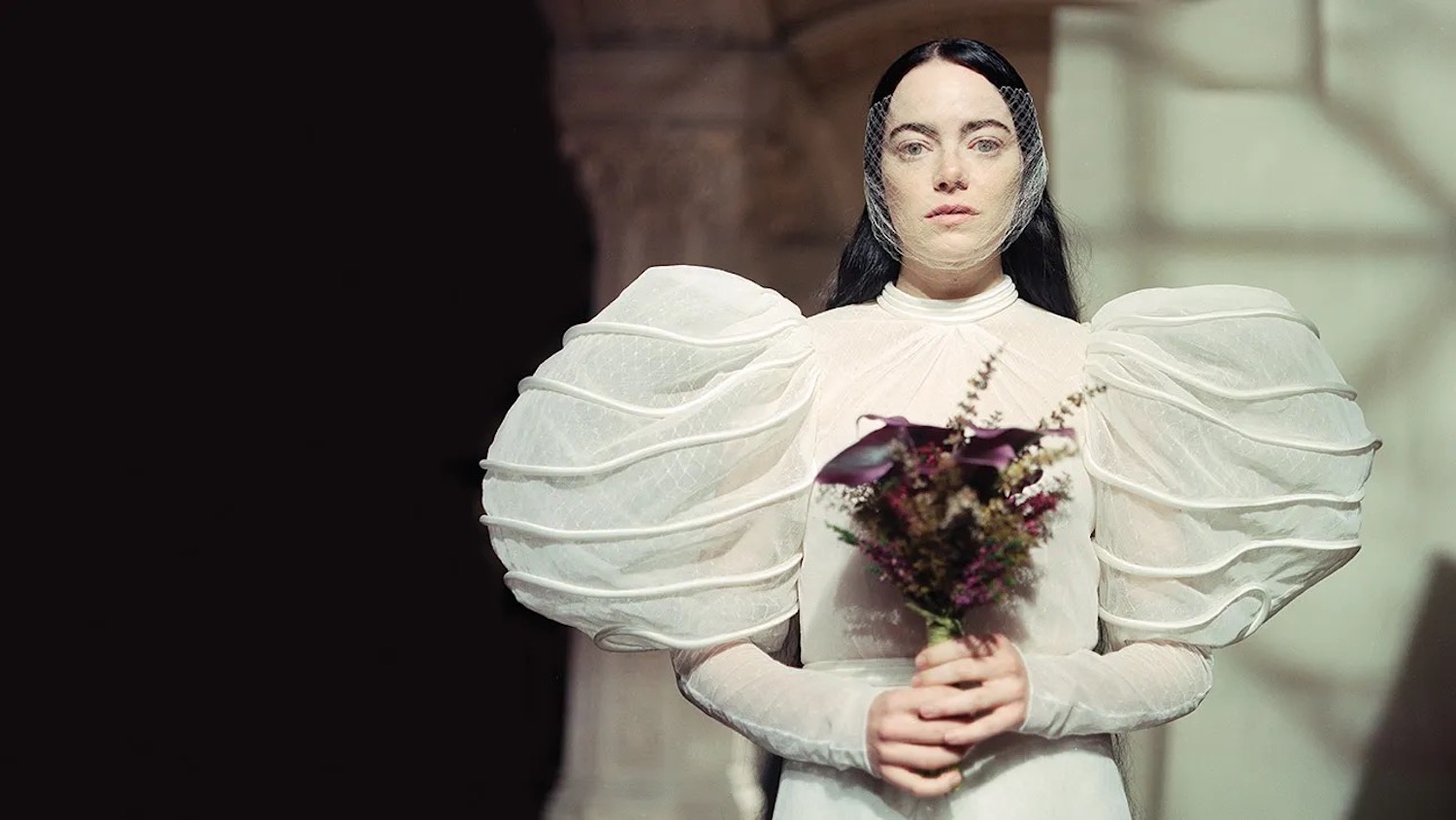
Special mention should also go to British musician Jerskin Fendrix whose eclectic score for Poor Things gives the film much of its off-kilter interest with its strangely emotive high violin scratches and low bass rumbles – a musical reflection of this curious, discordant masterpiece.
Review: Hero Brown, Editor-in-Chief
You may also like










